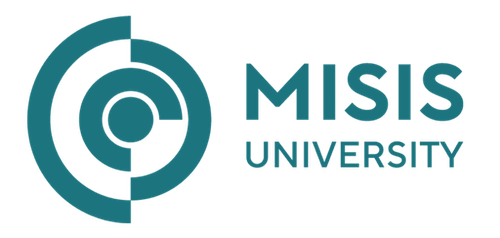CONFERENCE SPEAKERS
Course Design, Student Competencies & Teacher Development for ESP
Course Design, Student Competencies & Teacher Development for ESP
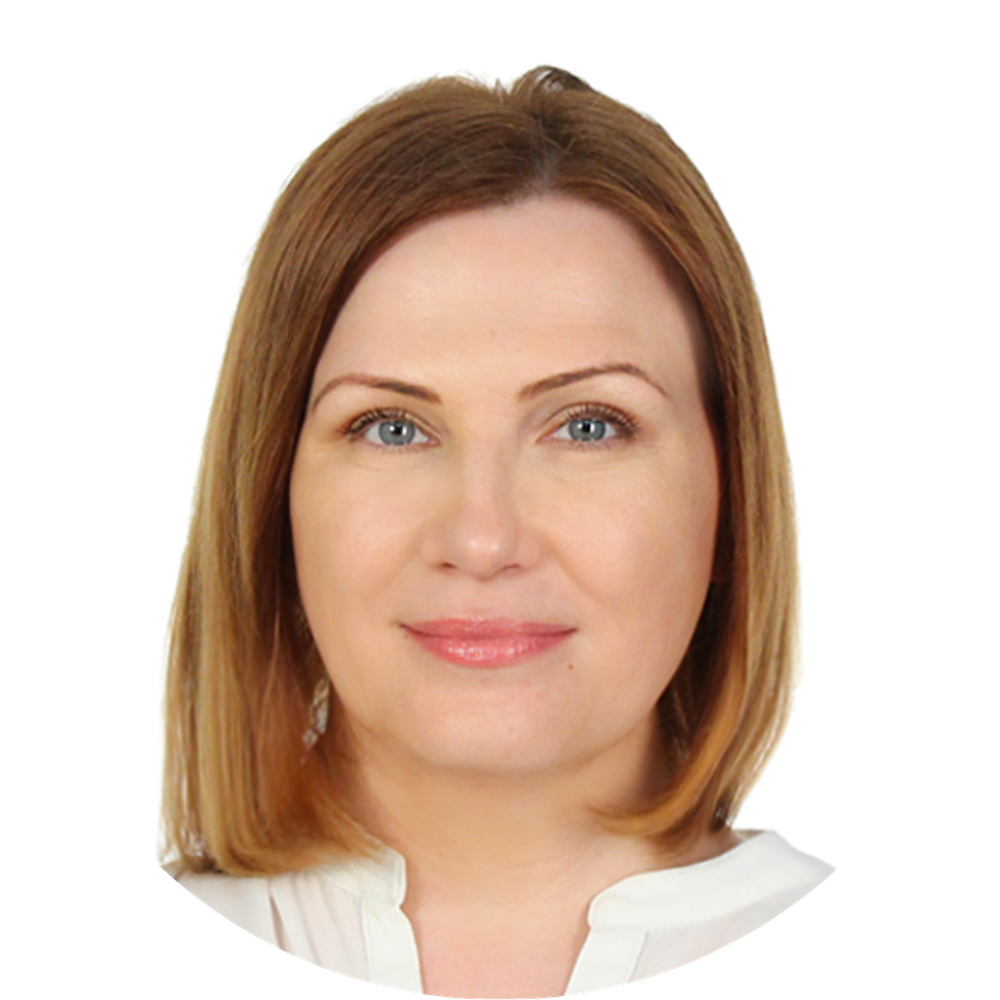
Head of the Department of Modern Languages and Communication at the National University of Science and Technology MISIS, Russia. She holds a degree in Linguistics and Cross-cultural Communication, and a PhD in Political Sciences from Moscow State University. Lilia has been the coordinator of the joint project between NUST MISIS and Cambridge University Press.

Dr. Woden Teachout is a professor in the interdisciplinary doctoral program at Union Institute & University. She earned a BA, an MA, and a PhD in American Studies from Harvard University and an additional MA in Education from Union with a focus on teaching academic writing. She is a two time Fulbright scholar and has won multiple teaching prizes, including the Alan Heimert Teaching Prize at Harvard and Union’s Faculty Award for Teaching Excellence.
This talk describes our collaboration between Russian and American colleagues in developing a competency framework for online course design. Our Virtual Course Design Lab was inspired by the great need for faculty who have skills not only in online teaching, but in online course design. The talk describes the process that we used to develop our competency framework, including an extensive environmental scan and a design thinking process. It lays out the competency framework that we developed, explaining its four components. And it explains how we embedded both universal and culturally-specific aspects of course design, with the goal of creating a truly international and flexible tool.

Head of the Department of Modern Languages and Communication at the National University of Science and Technology MISIS, Russia. She holds a degree in Linguistics and Cross-cultural Communication, and a PhD in Political Sciences from Moscow State University. Lilia has been the coordinator of the joint project between NUST MISIS and Cambridge University Press.

Dr. Woden Teachout is a professor in the interdisciplinary doctoral program at Union Institute & University. She earned a BA, an MA, and a PhD in American Studies from Harvard University and an additional MA in Education from Union with a focus on teaching academic writing. She is a two time Fulbright scholar and has won multiple teaching prizes, including the Alan Heimert Teaching Prize at Harvard and Union’s Faculty Award for Teaching Excellence.
This talk describes our collaboration between Russian and American colleagues in developing a competency framework for online course design. Our Virtual Course Design Lab was inspired by the great need for faculty who have skills not only in online teaching, but in online course design. The talk describes the process that we used to develop our competency framework, including an extensive environmental scan and a design thinking process. It lays out the competency framework that we developed, explaining its four components. And it explains how we embedded both universal and culturally-specific aspects of course design, with the goal of creating a truly international and flexible tool.
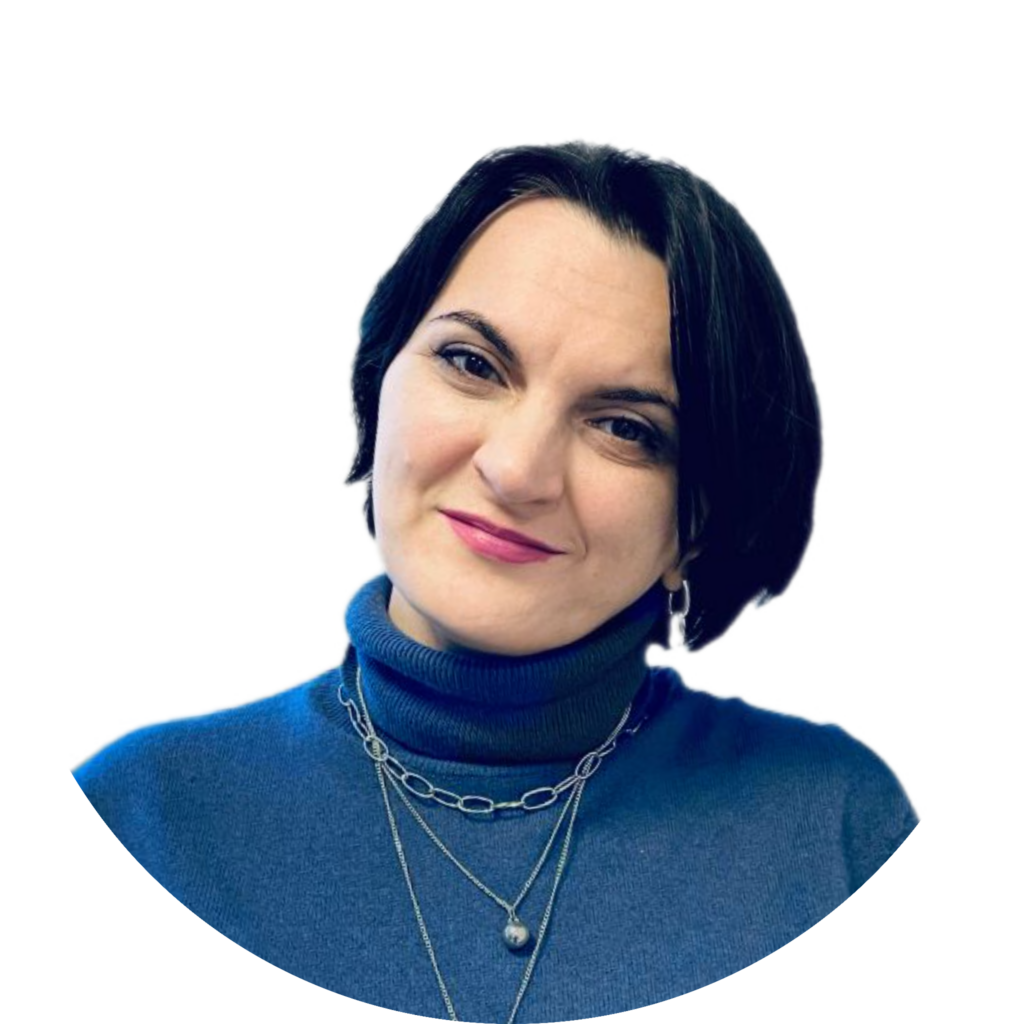
Ekaterina Shchaveleva is an Associate Professor at the Department of Modern Languages and Communication, NUST MISIS. She is the head of Master’s Program in Second Language Teaching and Pedagogical Design in Digital Environments. She is responsible for academic support which involves curriculum design and syllabus development, digital environment management and teacher professional development. Currently, she supervises dissertations on teacher professional development and competence-based approach to university linguistic training. She is a PhD in Education and also holds the CELTA certificate. Her professional interests lie in online learning and teaching, course design and teaching competences.
The talk will expound on the vision of how the framework of competences for online course designer works. It will lament what levels of the framework in question are distinguished and the approaches to their description. The presenter will share MISIS experience of how the education of future online course designers can be constructed based on the framework involved. The study comprised two stages: (1) the course design as such (from the framework of competences to the design of the course), and (2) course trial (from diagnostic assignment towards the learning outcomes)

Professional domains are placing more focus on collaborative practices aimed at producing a collective product and promoting it to the target audience. Achieving communicative goals effectively in a team-based environment is now paramount for language users, which explains why interactional competence was introduced to the CEFR documents in 2018 and has been gaining researchers’ interest ever since. However, developing assessment procedures and tools for interactional competence becomes a major issue. A research group was launched at NUST MISIS in 2022 aiming to achieve a more solid understanding of spoken interaction in a language classroom. The talk introduces the results of the pilot research in assessing interactional competence among NUST MISIS undergraduate students and offers a blueprint for assessment design that could be trialed in various language training settings.

Ekaterina Shchaveleva is an Associate Professor at the Department of Modern Languages and Communication, NUST MISIS. She is the head of Master’s Program in Second Language Teaching and Pedagogical Design in Digital Environments. She is responsible for academic support which involves curriculum design and syllabus development, digital environment management and teacher professional development. Currently, she supervises dissertations on teacher professional development and competence-based approach to university linguistic training. She is a PhD in Education and also holds the CELTA certificate. Her professional interests lie in online learning and teaching, course design and teaching competences.
The talk will expound on the vision of how the framework of competences for online course designer works. It will lament what levels of the framework in question are distinguished and the approaches to their description. The presenter will share MISIS experience of how the education of future online course designers can be constructed based on the framework involved. The study comprised two stages: (1) the course design as such (from the framework of competences to the design of the course), and (2) course trial (from diagnostic assignment towards the learning outcomes)

Assistant Professor at the Department of Modern Languages and Communication at NUST MISIS, Russia. Holds a degree in teaching foreign languages, and a MA in psychology in business from Higher School of Economics, Moscow. Was awarded a First Certificate for Teachers of Business English by London Chamber of Commerce. Has been the leader of Interactional Competence research group at MISIS since 2022.
Professional domains are placing more focus on collaborative practices aimed at producing a collective product and promoting it to the target audience. Achieving communicative goals effectively in a team-based environment is now paramount for language users, which explains why interactional competence was introduced to the CEFR documents in 2018 and has been gaining researchers’ interest ever since. However, developing assessment procedures and tools for interactional competence becomes a major issue. A research group was launched at MISIS in 2022 aiming to achieve a more solid understanding of spoken interaction in a language classroom. The talk introduces the results of the pilot research in assessing interactional competence among MISIS undergraduate students and offers a bluprint for assessment design that could be trialed in various language training settings.

Senior teacher at the Department of Modern Languages and Communication, the National University of Science and Technology MISIS, Russia. Graduated from Teacher Training University in Novosibirsk, joined the Department in 2010. Maria has been lead developer in Online Materials Design at the Department since 2022.
Dating back to hundreds and hundreds years ago, microlearning has become a global educational phenomenon. The Department of Foreign Languages and Communication, MISIS, offered exposure to micromodules as part of its language learning programme in 2019. Since then, both the rationale and practices involved have ultimately changed, leaving hullabaloo among both students and teachers seemingly high. The speaker is going to reveal the algorithm for microlearning materials development, professional and administrative practices in dealing with micromodules and implications for the future.
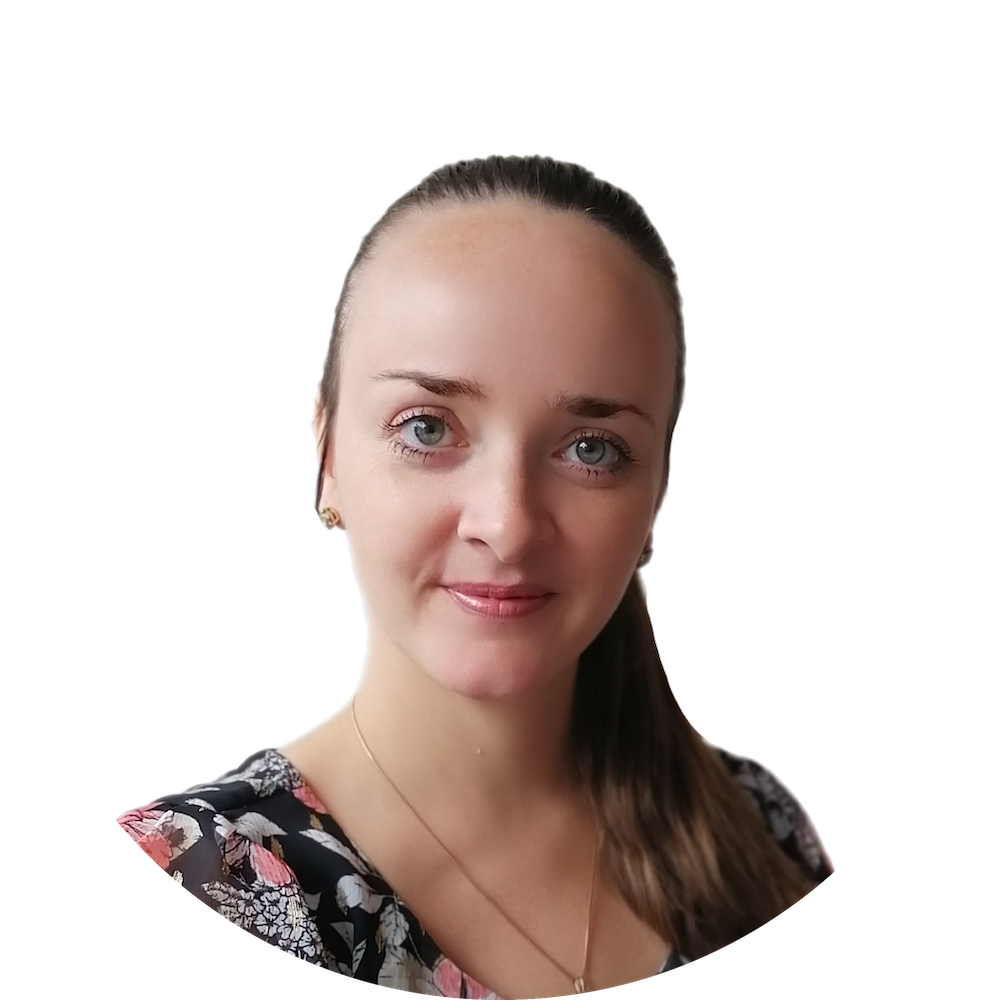
Irina Malova, Ph.D., is an Assistant Professor in the Department of English at DePauw University, IN, U.S. Her research focuses on bilingual and multicultural education, new approaches to literacy instruction for emergent bilinguals, writing instruction, academic language development, and multimodal literacy. Her work has appeared in Reading and Writing Quarterly, The Reading Teacher, TESOL Quarterly, and in various edited volumes.
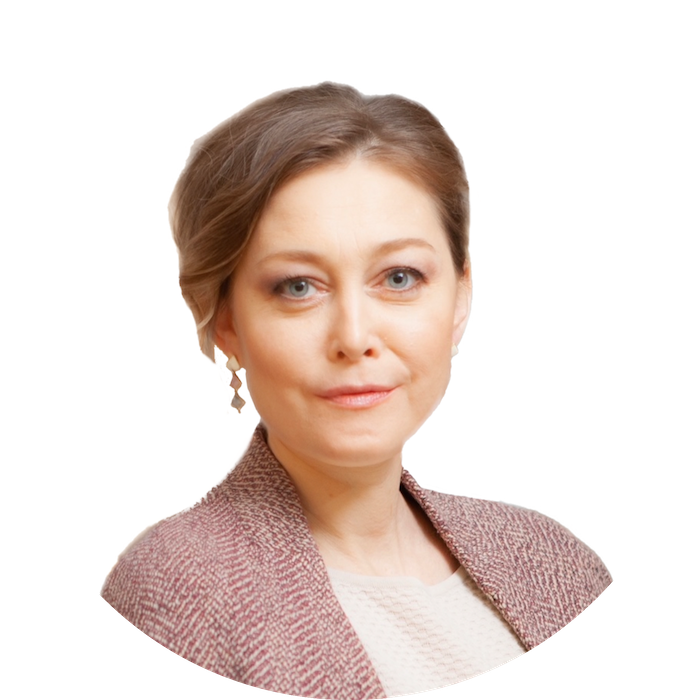
Senior teacher at the Department of Modern Languages and Communication, the National University of Science and Technology MISIS, Russia. Graduated from Teacher Training University in Novosibirsk, joined the Department in 2010. Maria has been lead developer in Online Materials Design at the Department since 2022.
Dating back to hundreds and hundreds years ago, microlearning has become a global educational phenomenon. The Department of Foreign Languages and Communication, MISIS, offered exposure to micromodules as part of its language learning programme in 2019. Since then, both the rationale and practices involved have ultimately changed, leaving hullabaloo among both students and teachers seemingly high. The speaker is going to reveal the algorithm for microlearning materials development, professional and administrative practices in dealing with micromodules and implications for the future.

Irina Malova, Ph.D., is an Assistant Professor in the Department of English at DePauw University, IN, U.S. Her research focuses on bilingual and multicultural education, new approaches to literacy instruction for emergent bilinguals, writing instruction, academic language development, and multimodal literacy. Her work has appeared in Reading and Writing Quarterly, The Reading Teacher, TESOL Quarterly, and in various edited volumes.
To be announced soon
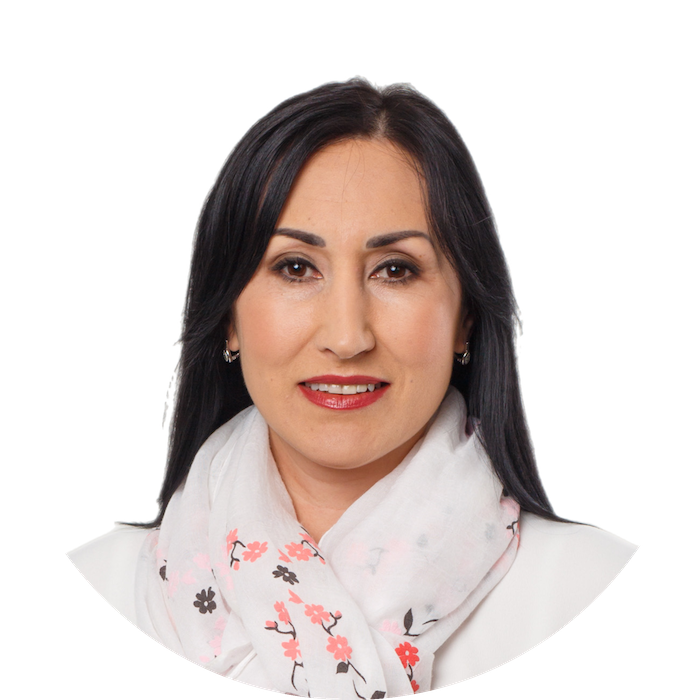
Natalia Wright has been an EFL/ESL teacher and teacher trainer for over 20 years in Russia and abroad. Now based in Kuwait, she works as an English instructor at the American University of the Middle East. She holds an MA in Language Education from the University of Chichester and currently is an EdD student at the University of Glasgow. Her research interests include transnationalism, multilingualism, and social justice in ELT.
When East Meets West: ‘Glocalizing’ English-Language Teaching Materials. The vast majority of ‘Global’ English-language teaching coursebooks seem to give little consideration to local knowledge and culture of students. Using my own classroom experience, this session will consider ways to ‘localize’ Western language teaching materials and make them more meaningful without rejecting their global relevance.


Natalia Wright has been an EFL/ESL teacher and teacher trainer for over 20 years in Russia and abroad. Now based in Kuwait, she works as an English instructor at the American University of the Middle East. She holds an MA in Language Education from the University of Chichester and currently is an EdD student at the University of Glasgow. Her research interests include transnationalism, multilingualism, and social justice in ELT.
When East Meets West: ‘Glocalizing’ English-Language Teaching Materials. The vast majority of ‘Global’ English-language teaching coursebooks seem to give little consideration to local knowledge and culture of students. Using my own classroom experience, this session will consider ways to ‘localize’ Western language teaching materials and make them more meaningful without rejecting their global relevance.

Valeria Evdash is the Director of the Center for Foreign Languages &
Communication, the Director of the Center for Academic Writing “Impulse’, the
University of Tyumen.
She has had more than 20 years of EFL teaching. She also works as a teacher
trainer. She was the British Council regional teacher-trainer (2012-2015) in Russia.
She is a Member of the Association of Academic Writing Experts “National
Writing Centers Consortium“, member of the Russian National Association of
Teachers of English (NATE Russia), TESOL member.
She is also an alumnus of the U.S. government-sponsored exchange programs.
She has participated with presentations in national and international conferences.
Her areas of expertise are Continuing Professional Development, English language
acquisition & methodology, and academic writing.
Valeria Evdash is the Director of the Center for Foreign Languages &
Communication, the Director of the Center for Academic Writing “Impulse’, the
University of Tyumen.
She has had more than 20 years of EFL teaching. She also works as a teacher
trainer. She was the British Council regional teacher-trainer (2012-2015) in Russia.
She is a Member of the Association of Academic Writing Experts “National
Writing Centers Consortium“, member of the Russian National Association of
Teachers of English (NATE Russia), TESOL member.
She is also an alumnus of the U.S. government-sponsored exchange programs.
She has participated with presentations in national and international conferences.
Her areas of expertise are Continuing Professional Development, English language
acquisition & methodology, and academic writing.

Associate Professor Karel Cuenca Ricardo has worked at the University of Holguín for
of more than 12 years, and has a hands-on experience in several national and
international teaching institutions. He holds a BA in EFL Teaching and an MA in ELE
Teaching. He’s the section head of the third year of the English language major and
has taught English and French Communication undergraduates and lectured on
various subjects involving Foreign Language Didactics and Applied Linguistics in
Foreign Language Teaching. He’s done research in the field on Interlanguage,
Pragmatics and Corpus Linguistics, and on the Task-based and Action-oriented
Approaches based on the exhaustive study of the Common European Framework of
Reference for Languages (CEFRL) and its implementation.
As part of the English Language Discipline Staff, he has strived to scaffold the alignment of the CEFRL with
the subjects taught throughout the academic trajectory of students and to provide the necessary guidance
and support to fellow teachers in improving their teaching-learning process by assuming more effective and
modern practices in class. He has made significant accomplishments that certify him as an English teacher,
including the TKT of Cambridge University and the American TESOL certifications.
He currently lives in Holguín, Cuba, with his loving wife. When Karel isn’t working hard on campus, you’ll find
him hanging out with close friends, reading a best-seller or enjoying the menu of his favorite restaurant in
town.
The XXI century and, most recently, the extended usage of portable tech devices and the preponderance of
vain entertainment on social media tend to be a threat to teachers trying to get the students attention in
class. However, regarding the decreasing motivation towards conscious learning and content awareness on
the learner’s side, the implementation of more effective ways to engage students in active and collaborative
learning may save the day. In fact, most students attending our university prove to have intrinsic motivation
towards learning, but this does not deduct the fact that they are social beings in a changing society where a
broad variety of psychological factors affect their cognitive development on campus. Personally, being an
English Advanced Communication professor at the University of Holguín, I deem essential to have students
foster their ability to communicate by developing the know-how and the existential competence promoted
by the Common European Framework of Reference for Languages (CEFRL). Likewise, the approach adopted
in the CEFRL, namely the action-oriented approach, inspired the didactic experience overviewed in this
speech. In a nutshell, junior students of the English Language Major with a Minor in French at the University
of Holguín have the opportunity to learn through tasks sequenced along each thematic unit from a
transverse teaching perspective, which conclude with a final simulation task where they showcase their
communicative competence and integrate knowledge, skills and attitudes favoring a more significant
formation. This approach has rendered good results in terms of developing cooperative and interpersonal
skills as well as providing the necessary tools for learners to become more autonomous and raise their
awareness on the world’s present reality and their potential needs as future professionals.


Phil worked in Russia for 18 years and is currently the Director of Studies at Rose of York Language School, London. He oversees everything from teacher recruitment, course design as well as preparing students for English language exams such as IELTS. In 2014 he graduated from the University of Birmingham with an MA in TEFL and has a wealth of experience in teaching students from all over the world. He has a passion for teaching and a healthy addiction to prepositions.

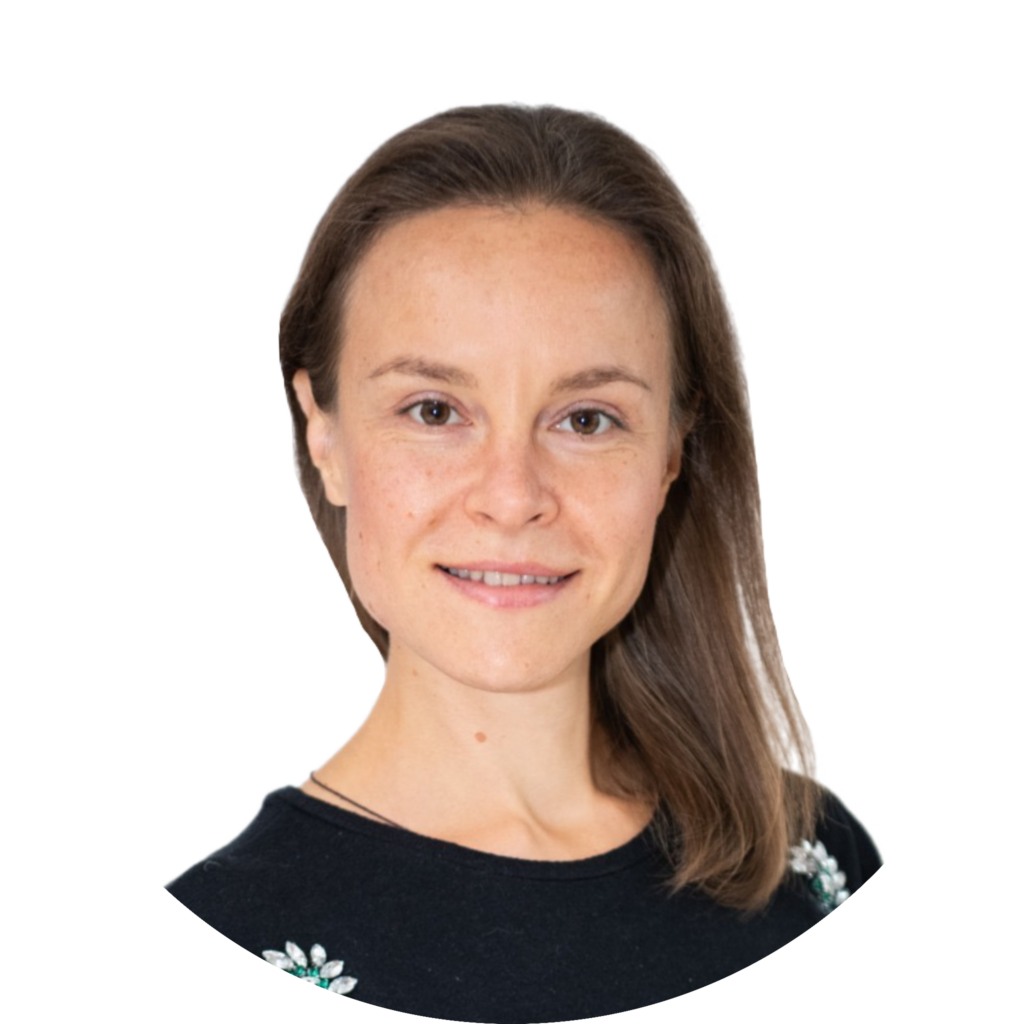
Assistant professor at NUST MISIS for the second-year students of linguistics whom she prepares for the CAE exam. In 2008 she completed a fall semester at the University of Northern Iowa within the scholarship of Students Exchange Program. Anastasia obtained a certificate of two-weeks CLIL course at the Emerald School of Ireland in 2014 and in 2021 defended Master’s Degree in Second Language Teaching and Pedagogical Design in Digital Environment.
Anastasia Kosareva, Anastasia Tutova
Young teachers may consider teaching ESP (English for Specific Purposes) as a challenge that requires thorough preparation and deep knowledge of a narrow field. In our workshop we will consider how to set a teacher’s role in ESP class, learn to notice specialized vocabulary in the context and teach it through lexical approach and the ways to form and use various reviewing strategies. Working with chunks and collocations in any given field is a key to fast learning and natural production of speech.

Assistant professor of the Department of Modern Languages and Communication Technologies, NUST MISIS, for the first-year students whom she prepares for the B2 First exam. In 2018 she obtained a bachelor’s degree in linguistics and intercultural communication, in 2020 – a master’s degree in translation at the Faculty of Foreign Languages and Area Studies, Moscow State University. She passed the international exams CAE and TKT. Interested in lexical approach in teaching, emotional intelligence, copywriting and SMM.
Anastasia Kosareva, Anastasia Tutova
Young teachers may consider teaching ESP (English for Specific Purposes) as a challenge that requires thorough preparation and deep knowledge of a narrow field. In our workshop we will consider how to set a teacher’s role in ESP class, learn to notice specialized vocabulary in the context and teach it through lexical approach and the ways to form and use various reviewing strategies. Working with chunks and collocations in any given field is a key to fast learning and natural production of speech.

Assistant professor at NUST MISIS for the second-year students of linguistics whom she prepares for the CAE exam. In 2008 she completed a fall semester at the University of Northern Iowa within the scholarship of Students Exchange Program. Anastasia obtained a certificate of two-weeks CLIL course at the Emerald School of Ireland in 2014 and in 2021 defended Master’s Degree in Second Language Teaching and Pedagogical Design in Digital Environment.
Anastasia Kosareva, Anastasia Tutova
Young teachers may consider teaching ESP (English for Specific Purposes) as a challenge that requires thorough preparation and deep knowledge of a narrow field. In our workshop we will consider how to set a teacher’s role in ESP class, learn to notice specialized vocabulary in the context and teach it through lexical approach and the ways to form and use various reviewing strategies. Working with chunks and collocations in any given field is a key to fast learning and natural production of speech.

Assistant professor of the Department of Modern Languages and Communication Technologies, NUST MISIS, for the first-year students whom she prepares for the B2 First exam. In 2018 she obtained a bachelor’s degree in linguistics and intercultural communication, in 2020 – a master’s degree in translation at the Faculty of Foreign Languages and Area Studies, Moscow State University. She passed the international exams CAE and TKT. Interested in lexical approach in teaching, emotional intelligence, copywriting and SMM.
Anastasia Kosareva, Anastasia Tutova
Young teachers may consider teaching ESP (English for Specific Purposes) as a challenge that requires thorough preparation and deep knowledge of a narrow field. In our workshop we will consider how to set a teacher’s role in ESP class, learn to notice specialized vocabulary in the context and teach it through lexical approach and the ways to form and use various reviewing strategies. Working with chunks and collocations in any given field is a key to fast learning and natural production of speech.
Annual MISIS Teacher Development Academy
Advanced Practices for ESP Professionals
Annual MISIS Teacher Development Academy
Advanced Practices for ESP Professionals
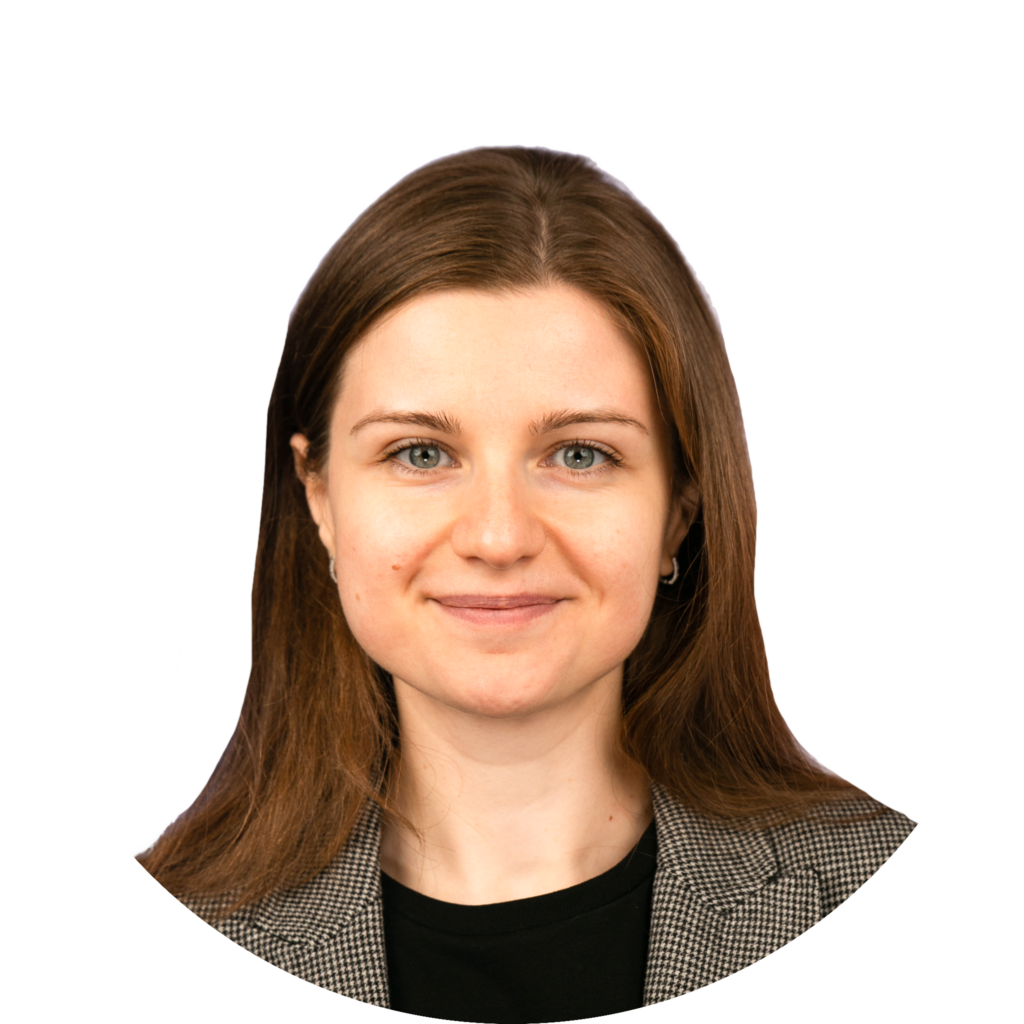
English teacher at the Department of Modern Languages and Communication of NUST MISIS. Graduated from MGIMO University (International Economic Relations) and MGLU University (Teacher of English, simultaneous translation). With more than 15 years of experience in international IT companies, Lyudmila has actively participated in seminars and training courses in different countries of the world. She has international certificates of CELTA and TKT (the University of Cambridge). Interested in the development of international and intercultural communication in business and professional environment.
Organised and prepared debates can be an effective tool to help ESP students in a mixed learning environment. How debates can help practising professional language, argumentation building, developing better fluency and soft skills. How to organise work before — during — and after debates to achieve maximum learning result.

Associate Professor at the Department of Modern Languages and Communication at the National University of Science and Technology MISIS, Russia. She holds two degrees in Linguistics and History of Art. She received CELTA certificate in 2016. Has 11 years of teaching experience in higher education. Worked at a university in Massachusetts, and did an exchange term at Durham University, in the UK. Author of a teacher training course on the Lexical Approach.
If you don’t grow — you stagnate. But how to map your professional development path? How to identify your weaker sides and strong sides,and where to look for guidance and feedback. Trajectories of teacher’s growth: from language level boost, to research work, to blogging
How to adapt the principles of the Lexical Approach to teaching professional language. Techniques of working with the lexis and grammar in context and effective language recycling. How to work with language chunks for faster learning and natural production (speaking and writing), faster reading and better listening skills.

English teacher at the Department of Modern Languages and Communication of NUST MISIS. Graduated from MGIMO University (International Economic Relations) and MGLU University (Teacher of English, simultaneous translation). With more than 15 years of experience in international IT companies, Lyudmila has actively participated in seminars and training courses in different countries of the world. She has international certificates of CELTA and TKT (the University of Cambridge). Interested in the development of international and intercultural communication in business and professional environment.
Organised and prepared debates can be an effective tool to help ESP students in a mixed learning environment. How debates can help practising professional language, argumentation building, developing better fluency and soft skills. How to organise work before — during — and after debates to achieve maximum learning result.

Associate Professor at the Department of Modern Languages and Communication at the National University of Science and Technology MISIS, Russia. She holds two degrees in Linguistics and History of Art. She received CELTA certificate in 2016. Has 11 years of teaching experience in higher education. Worked at a university in Massachusetts, and did an exchange term at Durham University, in the UK. Author of a teacher training course on the Lexical Approach.
If you don’t grow — you stagnate. But how to map your professional development path? How to identify your weaker sides and strong sides,and where to look for guidance and feedback. Trajectories of teacher’s growth: from language level boost, to research work, to blogging
How to adapt the principles of the Lexical Approach to teaching professional language. Techniques of working with the lexis and grammar in context and effective language recycling. How to work with language chunks for faster learning and natural production (speaking and writing), faster reading and better listening skills.
How can AI tools, such as Chat GPT, help teachers prepare and conduct lessons, work more effectively with mixed-level groups, low-level ESP groups and STEM students

Associate professor of the Department of Modern Languages and Communication Technologies, NUST MISIS, Russia. She holds a PhD in Linguistics. She has been in ESP since 2014 and has designed a course of the English language for PhD students at NUST MISIS. She has international certificates of TKT and CELTA.
In this 90-minute workshop what can be done with mixed-level PhD groups will be presented. The participants will be shown a concept of in-class work based on a research paper analysis, including additional tasks to recap knowledge gained from each previous class. The participants will try to devise possible patterns and modes for multi-level classes. The instructor will offer practical solutions to how exactly to hold such classes without demotivating either weak or higher levels. The references will be provided at the end of the workshop.

Former senior instructor of the Department of Modern Languages and Communication Technologies, NUST MISIS, Russia. She is a certified DELTA Module 1 and 2 teacher with a passion for leveraging technology to enhance language learning for students of all levels. In order to pick up the latest teaching practices, she relocated to London, UK in 2018 where she has been able to observe and learn the cutting-edge language trends. Interested in IT in linguistics, Natural Language Processing, phonetics and psycholinguistics.
How can AI tools, such as Chat GPT, help teachers prepare and conduct lessons, work more effectively with mixed-level groups, low-level ESP groups and STEM students

Associate professor of the Department of Modern Languages and Communication Technologies, NUST MISIS, Russia. She holds a PhD in Linguistics. She has been in ESP since 2014 and has designed a course of the English language for PhD students at NUST MISIS. She has international certificates of TKT and CELTA.
In this 90-minute workshop what can be done with mixed-level PhD groups will be presented. The participants will be shown a concept of in-class work based on a research paper analysis, including additional tasks to recap knowledge gained from each previous class. The participants will try to devise possible patterns and modes for multi-level classes. The instructor will offer practical solutions to how exactly to hold such classes without demotivating either weak or higher levels. The references will be provided at the end of the workshop.
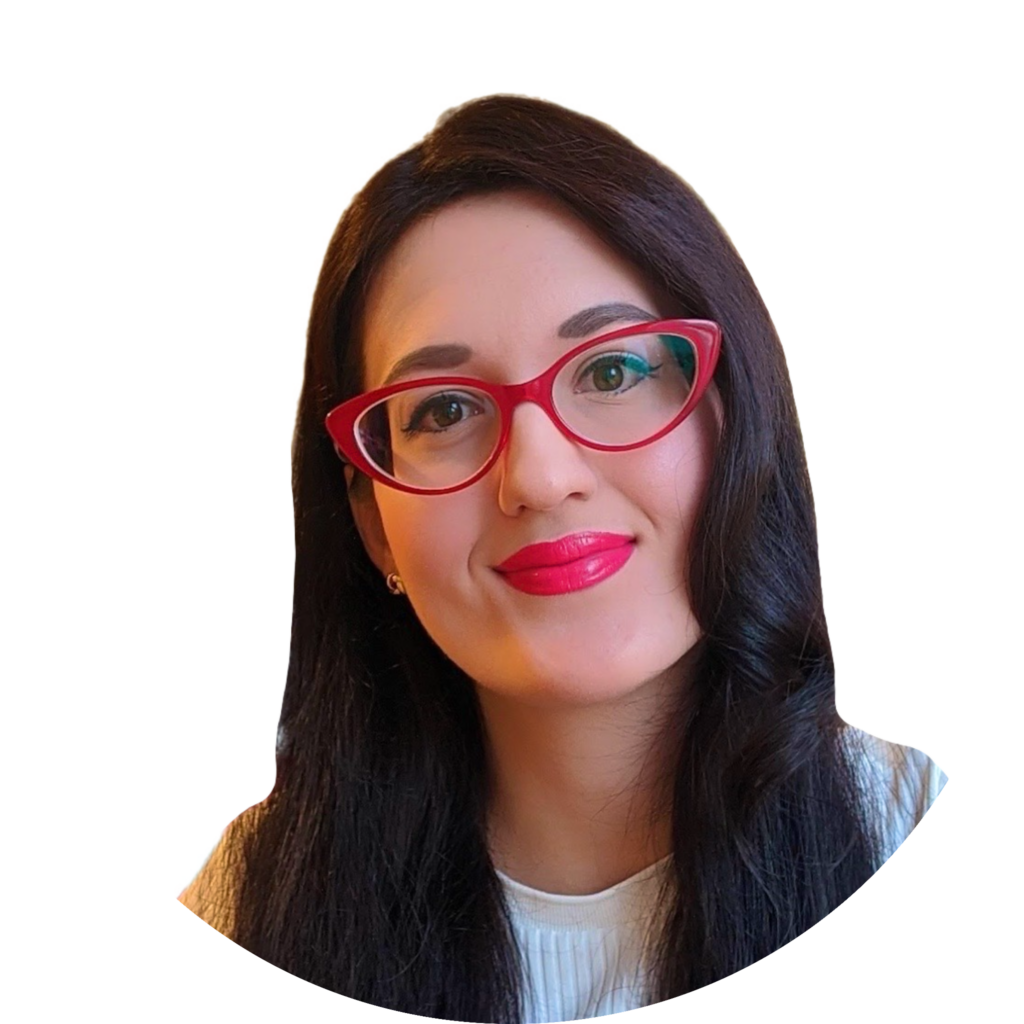
Associate professor of the Department of Modern Languages and Communication Technologies, NUST MISIS, Russia. She holds a degree in Philology and a PhD in Linguistics. Diana completed the advanced training at MGIMO University, Russia, and received the international TESOL Certificate from Arizona State University, the USA. Interested in academic discourse, psycholinguistics and linguistics.
Diana Drozdova, Kseniya Melnikova
Feedback is a key ingredient in building a culture of communication and learning. It is a double-sided process, where both sides – a teacher and a student are interconnected. How giving and receiving feedback may enhance the educational process and the outcome of it in an effective way.Types and principles of successful feedback and how students can use the given feedback for their progress. Ways of collecting feedback from students and putting feedback into practice for teacher’s development.

Senior Instructor of the Department of Modern Languages and Communication Technologies, NUST MISIS. She received a master’s degree from Moscow State Pedagogical University in the specialty «Modern technologies in teaching English». Ksenia had a year of internship at ‘Cardinal Cisneros University’ in Alcala de Henares, Spain under the program of bilingual education. She holds TKT (1-3), TESOL and CELTA certificates. Participated in the educational project with schools in Moscow as faculty advisor for research projects carried out by university and school student tandems. Currently, she is working on a PhD thesis in pedagogy.
Diana Drozdova, Kseniya Melnikova
Feedback is a key ingredient in building a culture of communication and learning. It is a double-sided process, where both sides – a teacher and a student are interconnected. How giving and receiving feedback may enhance the educational process and the outcome of it in an effective way.Types and principles of successful feedback and how students can use the given feedback for their progress. Ways of collecting feedback from students and putting feedback into practice for teacher’s development.

Diana Drozdova
Associate professor of the Department of Modern Languages and Communication Technologies, NUST MISIS, Russia. She holds a degree in Philology and a PhD in Linguistics. Diana completed the advanced training at MGIMO University, Russia, and received the international TESOL Certificate from Arizona State University, the USA. Interested in academic discourse, psycholinguistics and linguistics.
Students’ Feedback: Putting it into Everyday Practice.
Diana Drozdova, Kseniya Melnikova
Feedback is a key ingredient in building a culture of communication and learning. It is a double-sided process, where both sides – a teacher and a student are interconnected. How giving and receiving feedback may enhance the educational process and the outcome of it in an effective way.Types and principles of successful feedback and how students can use the given feedback for their progress. Ways of collecting feedback from students and putting feedback into practice for teacher’s development.

senior Instructor of the Department of Modern Languages and Communication Technologies, NUST MISIS. She received a master’s degree from Moscow State Pedagogical University in the specialty «Modern technologies in teaching English». Ksenia had a year of internship at ‘Cardinal Cisneros University’ in Alcala de Henares, Spain under the program of bilingual education. She holds TKT (1-3), TESOL and CELTA certificates. Participated in the educational project with schools in Moscow as faculty advisor for research projects carried out by university and school student tandems. Currently, she is working on a PhD thesis in pedagogy.
Diana Drozdova, Kseniya Melnikova
Feedback is a key ingredient in building a culture of communication and learning. It is a double-sided process, where both sides – a teacher and a student are interconnected. How giving and receiving feedback may enhance the educational process and the outcome of it in an effective way.Types and principles of successful feedback and how students can use the given feedback for their progress. Ways of collecting feedback from students and putting feedback into practice for teacher’s development.

Assistant Professor of the Department of Modern Languages and Communication Technologies, NUST MISIS. She took part in creating an ESP course for bachelor students at NUST MISIS and taught it to several groups in 2015-16. Recently she has designed a course in Creative Writing and an ESP course for bachelor students in Linguistics at NUST MISIS and has been teaching these for several semesters. Natalia exploits lexical and communicative approaches in teaching as she believes this combination to be rather effective. She has international certificates of TKT and IELTS.
KISS principle is one of key principles in engineering, IT and other professional fields. However, while teaching language for specific purposes, we tend to complicate being exposed to lots of authentic and textbook materials, and even might lose our train of thought among those specific chunks, concepts and terms we as language teachers might not fully grasp. We will learn why it is better to teach ESP lexically and KISS, how to make language for specific purposes learning user-friendly to any audience, and create a number of exercises to implement in a classroom.

Wayne Rimmer teaches EAP and applied linguistics at Manchester University (UK). Previously, he taught English in Russia and other locations abroad. Wayne has written a number of pedagogic titles for Cambridge University Press, most recently contributions to the Evolve coursebook series.
EAP has emerged as a branch of ESP that develops students’ academic literacy in a higher education context. Academic literacy is more than language and skills development because it is located in students’ chosen discipline and is sensitive to the discourse conventions of that field. This focus on content area often presents a problem to instructors who do not have a background in the students’ discipline. However, as demonstrated in a case study of an EAP course for MA chemistry students, teachers can meet the needs of their learners without positioning themselves as subject specialists.

Assistant Professor of the Department of Modern Languages and Communication Technologies, NUST MISIS. She took part in creating an ESP course for bachelor students at NUST MISIS and taught it to several groups in 2015-16. Recently she has designed a course in Creative Writing and an ESP course for bachelor students in Linguistics at NUST MISIS and has been teaching these for several semesters. Natalia exploits lexical and communicative approaches in teaching as she believes this combination to be rather effective. She has international certificates of TKT and IELTS.
KISS principle is one of key principles in engineering, IT and other professional fields. However, while teaching language for specific purposes, we tend to complicate being exposed to lots of authentic and textbook materials, and even might lose our train of thought among those specific chunks, concepts and terms we as language teachers might not fully grasp. We will learn why it is better to teach ESP lexically and KISS, how to make language for specific purposes learning user-friendly to any audience, and create a number of exercises to implement in a classroom.

Wayne Rimmer teaches EAP and applied linguistics at Manchester University (UK). Previously, he taught English in Russia and other locations abroad. Wayne has written a number of pedagogic titles for Cambridge University Press, most recently contributions to the Evolve coursebook series.
